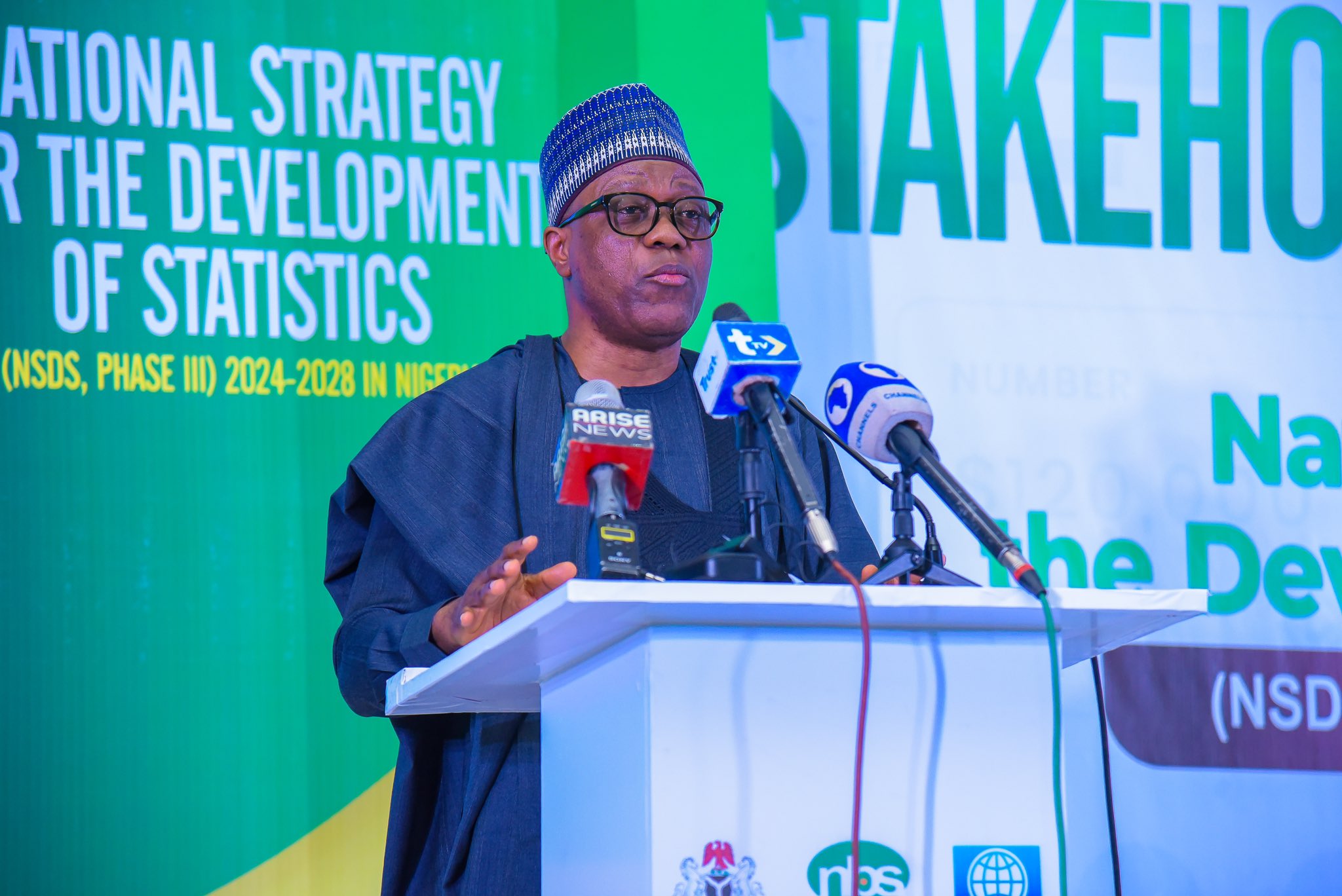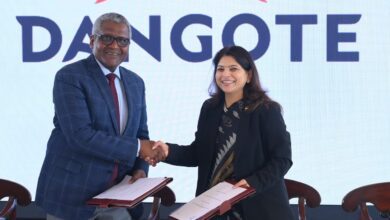Why We’re Automating CPI Data Collection Process -NBS Boss

The Statistician-General of the Federation and Chief Executive Officer of the National Bureau of Statistics (NBS), Prince Adeyemi Adeniran, has advanced reasons why the Bureau is automating its Consumer Price Index (CPI) data collection process.
Prince Adeniran gave the reasons in his Keynote Address at the Closing Ceremony of the Pilot Phase of the Consumer Price Index (CPI) Digitisation Project on Friday in Abuja.
He noted that the digitisation of the Bureau’s CPI data collection would not only enhance its technical operations, through the use of modern methods and techniques but would significantly reduce the potential for errors and inconsistencies, which were inherent in the manual process.
“This digitisation of our CPI data collection in NBS introduces a new era of quality refinement and aligns perfectly well with our agenda at the Bureau, to enhance our technical operations, through the use of modern methods and techniques, as well as, adopting the latest standards and concepts throughout our data landscape.
“By automating this process for our most common and frequently produced indicator, we would have significantly reduced the potential for errors and inconsistencies, which are inherent in the manual process.
“This enhancement is not merely a technological convenience; it is a commitment to ensuring that the information upon which crucial economic decisions are made is of the highest quality, providing a solid
foundation for policy formulation”, he said.
The NBS boss explained that “the CPI, as an accurate representation of the cost of living, plays a pivotal role in illuminating the economic path we tread. It is not merely a compilation of numbers; it is a dynamic narrative that informs us about the purchasing power of our citizens, the stability of our markets, and the resilience of our economy in the face of challenges.
“Hence the need for accurate and good quality information on the prices citizens pay at the markets, for the goods and services they consume is imperative, and the digitisation of the process, using the Survey CTO application presents a suitable solution in this regard”, he added.
Adeniran who expressed satisfaction with the successful completion of the pilot initiative to digitize the monthly prices data collection to produce the CPI, appreciated the generous support of the United Nations Economic Commission for Africa (UNECA), and the staff of the Bureau for their commitment throughout the pilot phase.
“I wish to express our profound gratitude to UNECA, for your very strong support and commitment to this exercise. You have given a very strong backing to this process, not only through the 3 missions to Nigeria that you have conducted during this pilot phase, but your constant follow-up and sharing of knowledge and experience has been immense, and I, on behalf of the Bureau and the large statistical system in Nigeria, really want to thank you for this support.
“As you know, Nigeria is a federated state, with 36 independent sub-national statistical offices which NBS coordinates, so whatever benefit comes to us as the National Statistical Office, we make as a point of duty to cascade it down to the subnational offices, so we also thank you on their behalf, as they too will be beneficiaries of this support”, the NBS boss said.
He, however, disclosed that the Bureau is considering the use of web scraping for the production and reporting of price data.
“This is another initiative that we are pursuing to provide additional price information to our users. Earlier this year, staff of the Bureau presented a Paper on work done in this regard, at a Webinar organised by UNECA, and I believe that with some further work and refinement, we will see some output on this initiative in a short while”, he assures.





